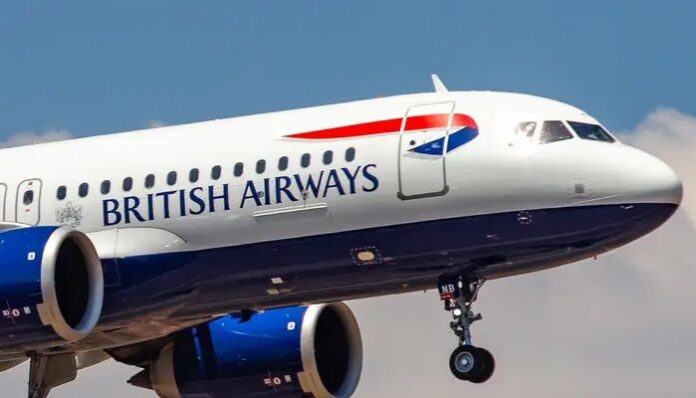The International Air Transport Association (IATA) said Thursday airlines operating in the Asia-Pacific region might lose a combined revenue of $27.8 billion this year due to ongoing coronavirus crisis.
The estimate is based on projections of a 13 percent full-year decline in the passenger demand, mostly in China, the trade body said. “This will be a very tough year for airlines,” IATA CEO Alexandre de Juniac said in a statement. “Stopping the spread of the virus is the top priority,” de Juniac added. The IATA said its estimate assumed that COVID-19 behaved like the SARS outbreak nearly two decades ago, which was “characterised by a six-month period with a sharp decline followed by an equally quick recovery”.
This would be the first time since the SARS crisis of 2003 that demand for air travel has declined, de Juniac said.
Airlines in China’s domestic market alone are estimated to lose around $12.8 billion in revenues. Carriers outside the Asia-Pacific region are seen suffering $1.5 billion in losses. This brings worldwide airline revenue lost to the virus to a projected $29.3 billion, the IATA said. However, if the virus spreads more widely to Asia-Pacific markets then the impact on airlines from other regions would be larger, the IATA warned.
The IATA had previously estimated Asia-Pacific airlines to register growth of 4.8% this year, but they are now on course instead for a contraction of 8.2%, it said.
But there are some factors potentially softening the blow, the IATA said. “Governments will use fiscal and monetary policy to try to offset the adverse economic impacts. Some relief may be seen in lower fuel prices for some airlines, depending on how fuel costs have been hedged,” it said. It was therefore difficult to predict by how much exactly lost revenue would weigh on profits.
But airlines are already taking “difficult decisions” to cut capacity or even routes, the IATA noted.




